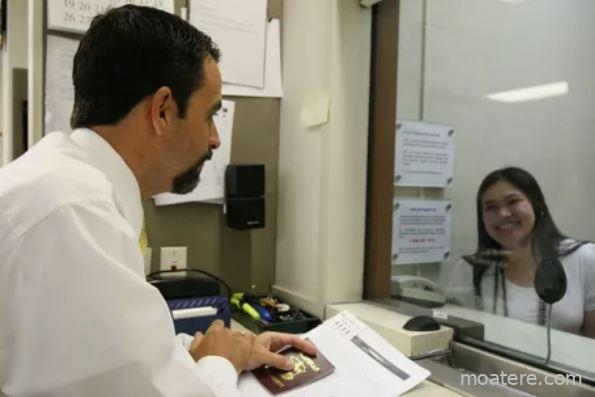US Embassy Interview Questions for F1 Visa – Nigeria & Philippines
The anticipation of your F1 Visa interview can be nerve-wracking — it’s like standing at the edge of a diving board, teetering on the brink of a big plunge. You know that one misstep could lead to a splashdown instead of soaring off into your academic adventure! But fear not, because today, I’m here to guide you through the turbulent waters of F1 Visa interviews with insider knowledge and easy-to-follow tips.
Understanding the Interview Process
Before we dive into specific questions, it helps to grasp the context of the F1 Visa interview. Consular officers want to ensure you’re a genuine student — looking to study in the U.S. and return home afterward. You’ll be asked a variety of questions that assess your eligibility, preparation, and intent.
The Importance of Preparation
Being prepared doesn’t just ease your nerves; it significantly increases your chances of obtaining that coveted visa. A well-structured approach can set you apart from the crowd of applicants.
Common F1 Visa Interview Questions
Let’s break down some typical questions you might face and how to tackle them!
1. Why do you want to study in the United States?
Explanation: This question gauges your motivation. Be clear about why the U.S. is your chosen destination.
Benefit: A strong answer demonstrates focus and intention — traits that consular officers appreciate.
Example: “I want to study Computer Science at MIT because it has a top-tier program and cutting-edge research opportunities, which will equip me with skills to innovate in tech back in Nigeria.”
2. What is your chosen program of study and why?
Explanation: You should be well-informed about the specifics of your course.
Benefit: This showcases your genuine interest and compatibility with the program.
Example: “I chose Data Science at XYZ University because it combines statistical analysis and programming, equipping me to address data challenges in the Nigerian market.”
3. How do you plan to finance your education?
Explanation: Financial security is crucial. Be ready to show proof of funds.
Benefit: Providing clear financial details reassures the officer of your capability to support yourself.
Example: “I have a scholarship covering half my tuition, and my parents are supporting the rest, with bank statements ready to show the necessary funds.”
4. What ties do you have to your home country?
Explanation: This question assesses your ties to Nigeria or the Philippines, prompting you to demonstrate why you will return after your studies.
Benefit: A strong response can mitigate concerns over your potential to overstay your visa.
Example: “I have my family business back home, and I plan to return and help expand it with the knowledge I gain in the US.”
Additional Tips for Success
Dress Professionally
Explanation: First impressions matter.
Benefit: Looking professional sets a positive tone for your interview.
Example: A clean, well-fitting outfit can speak volumes about your seriousness.
Practice Speaking Clearly
Explanation: Clear communication creates a positive impression.
Benefit: It makes you more relatable and easier to understand.
Example: Rehearsing answers in front of friends or using a mirror can boost your confidence and clarity.
Be Honest
Explanation: Consular officers are trained to detect dishonesty.
Benefit: Transparency cultivates trust.
Example: If you faced challenges in your education, share them honestly, along with how you overcame them.
Wrapping It Up
In summary, the key to navigating your F1 Visa interview lies in preparation, clarity, and honesty. Familiarize yourself with these questions, understand why you’re pursuing studies in the U.S., and present your ties to your home country confidently.
Conclusion Checklist for F1 Visa Interviews:
- Practice answers to common questions.
- Know your program and university inside out.
- Bring all required documentation, including financial proof.
- Dress smartly and arrive on time.
FAQ
Q1: What documents should I bring for the interview?
A: Your passport, Form DS-160, I-20, financial proof, and any supporting documents (like transcripts).
Q2: Can I reapply if my visa is denied?
A: Yes, you can reapply, but make sure to address the reasons for denial in your next application.
Q3: How long does the interview last?
A: Typically, the interview lasts around 15 to 20 minutes, depending on various factors.
Q4: What if I don’t know an answer?
A: It’s better to admit uncertainty than to bluff. You can politely say you’ll look it up later!
Join the Conversation!
Now it’s your turn! Have you been through the F1 Visa interview process? Or do you have your own tips to share? Leave a comment or ask a question below! Remember, this journey is yours, and every insight helps. Share this guide to help others on the same path!
By following these tips and strategies, you can confidently approach your F1 Visa interview. Best of luck on your academic journey ahead!

